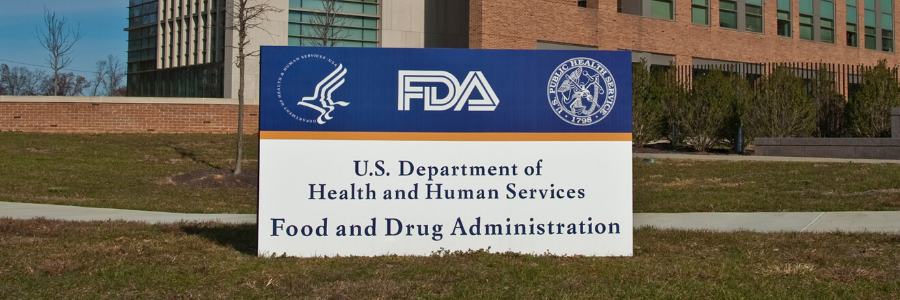ASGCT Applauds FDA's Gene Therapy Guidance Documents
Adora Ndu, PharmD, J.D. - February 03, 2020
Dr. Ndu is chair of the ASGCT Regulatory Affairs Committee and Vice President of Regulatory Affairs; Policy, Research, Engagement (PRE) & International at BioMarin Pharmaceutical Inc.

We appreciate the FDA’s commitment to engage stakeholders, including ASGCT, in refining and clarifying the regulatory landscape for gene and cell therapies as the field continues to grow. The agency has demonstrated a commitment to ushering in a new class of medicines built on novel science that raises practical, ethical, and policy questions across development programs.
ASGCT submitted comments on the six finalized guidance documents during their draft period in the winter of 2018. The FDA has incorporated many of our suggestions into the final versions of the guidance, which signals strong support for a science-driven approach to the regulation of cell and gene therapies.
For instance, ASGCT supports science-based protocols to assess the vectors used to deliver gene therapies. There are many non-replicating retroviral vectors with a robust research history that demonstrates these vectors present low risk to subjects. Consistent with ASGCT’s comments, FDA’s final guidance indicates that repeated blood draws from clinical trial subjects and patients to continuously monitor these vectors are not necessary if robust evidence already exists, and instead recommends a yearly medical review for post-marketing patient follow up.
Additionally, ASGCT supports the use of surrogate endpoints to support approval or accelerated approval when scientifically validated. In the case of hemophilia, ASGCT had requested clarification for when the surrogate endpoint of factor activity (i.e. how well blood clotting enzymes are working) may be used to support the approval of a hemophilia gene therapy. FDA’s final guidance provides drug developers specific analyses and scientific questions to answer in order to provide greater certainty to the regulator.
We appreciate the newly-released draft guidance regarding how the orphan drug designation “sameness” criteria will be applied to gene therapies, and thus, how these products may benefit from important incentives offered under the Orphan Drug Act. This draft guidance is another signal that the FDA is interested in providing a transparent regulatory environment for gene therapies, and ASGCT is looking forward to submitting comments for their guidance in the near future.
Related Articles